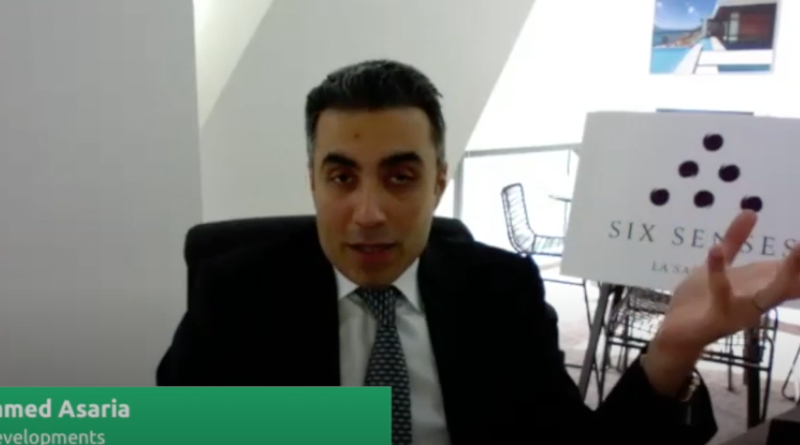
This interview is the fifth in an IMI Club exclusive series of talks with prominent investment migration personalities, centered on questions surrounding the direction the market will take following COVID-19.
Other episodes in this series include:
In the series, we ask questions such as:
“The pool of investors has shrunk considerably,” laments Mohammed Asaria during the interview. “I don’t think the middle-income investor has the liquidity anymore to be looking at the luxury of second citizenship. Even if that is a necessity for him, he just doesn’t have the spare capital available. So, the market has gone back to the ultra-high net worth individual (UHNWI).”
Those UHNWIs, says Asaria, are looking for different things than the mass affluent, such as a hedge against the expected economic fallout from emerging markets, which could incentivize them to migrate their businesses, their capital, and even their families to the more established economies of the Western hemisphere.
More UHNWIs physically uprooting their lives
Asaria is categorical in his response to whether UHNWIs will increasingly be willing to physically relocate and embrace the more hands-on, boots-on-the-ground programs like the US E2, or the UK Innovator visa in the aftermath of the crisis.
“Definitely,” he says, while acknowledging that, by virtue of his promoting the Grenada E2 solution, he is more likely to have this impression from his conversations with clients.
He reminds us that, following the Arab spring in 2011, which became the catalyst for the last big growth spurt in the CBI market, it wasn’t global mobility that was atop the applicants’ agenda but, rather, the hedge against societal collapse. He sees parallels to that situation going on today.
“A number of very high net worth individuals are very, very nervous about the risk of social unrest. And we’re seeing it manifest itself today in a number of countries. So, families are looking into the future saying, you know what, let’s diversify, let’s send some of our children out, let’s establish our base in the established economies of the US and Europe. Physical presence is welcomed.”
A single investor, if properly courted, can bring as much capital as a thousand CIP-investors
Asaria concludes that, among those who can still afford RCBI programs following the crisis, the demand for such will become only more pressing following the pandemic. That leaves open the question of what will happen on the supply-side.
Asaria says he doesn’t believe that reducing prices to a level below $100,000 – and that he really hopes it won’t happen – would have a positive effect on net capital flows to Caribbean CIPs.
“The problem with lowering prices further is also that, say in 3-4 years when you are in the recovery phase, is that when investors have a price level of $75,000 in their heads, it’s very difficult for you to raise the price later.”
The smarter move, says Asaria, would be to focus on a lower number of super-wealthy sources of investment, a point he has also expounded upon in his article Acquiring Excellence: Price Dilution Among CIPs Will Not Boost Capital Flows.
“Why not try to provide programs to not only give citizenship but also to encourage UHNWI to look at having a physical second base and make it affordable to do so, whether it be import concessions or tax waivers, and then take it a step further by saying, if you set up a business on our island, you can have a lot of additional benefits,” urges Asaria, pointing out that one such benefit is the extensive free trade agreements the Caribbean nations have with North America, agreements that will be all the more valuable as the trend of deglobalization goes on.
“Let’s look beyond just putting documents in people’s hands, let’s look at attracting more capital from each of those investors, remarks Asaria, citing as an example the man who, after obtaining citizenship through a standard investment in Grenada, proceeded to develop a $120 million resort on the island of his own volition.
“Imagine if you got ten of those investors on each island, that would be a true economic transformation, catalyzed by the citizenship by investment program.”